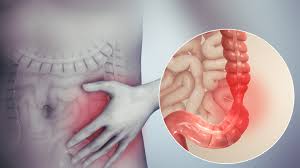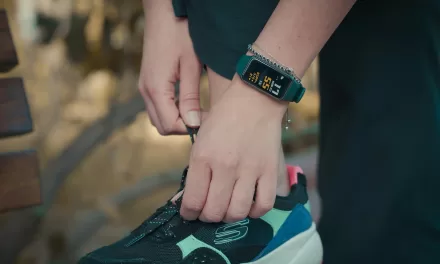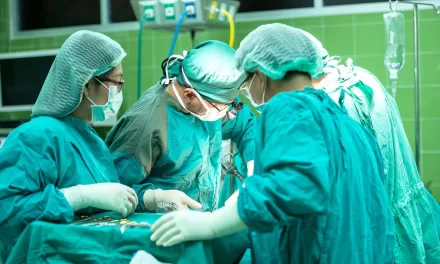TOPLINE:
A clinically significant association exists between fructose and fructan malabsorption in certain patients with irritable bowel syndrome (IBS), indicating that some may benefit from eliminating both carbohydrates.
METHODOLOGY:
While previous research has focused on fructose or fructan malabsorption separately in patients with IBS, a new study has examined the relationship between both within the same cohort. Researchers conducted a retrospective review of electronic medical records from January 2017 to June 2022 at a single US medical clinic. These records included patients with IBS who had undergone both fructose and fructan hydrogen breath tests (HBTs).
Patients were instructed to have a low-carbohydrate dinner the day before the test and fast for at least 12 hours prior to the HBT. Separate fructose and fructan HBTs were conducted at baseline and again on separate days (with at least one day between tests). During these tests, patients received a 25-g fructose solution or a 10-g insulin solution, with breath hydrogen levels measured every 30 minutes for three hours. Breath hydrogen levels ≥ 20 ppm were considered indicative of malabsorption for either carbohydrate. The results were analyzed to study the association between fructose and fructan malabsorption.
TAKEAWAY:
Among the 186 patients studied (median age 36.7 years; 37.6% men), 38.2% tested positive for fructose malabsorption, 48.9% for fructan malabsorption, and 22.6% for both. A significant association was found between positive fructose and positive fructan HBT readings (P = .0283). Patients who tested positive for either fructose or fructan malabsorption were 1.951 times more likely to test positive for the other carbohydrate (95% CI, 1.072-3.476).
IN PRACTICE:
“The positive association between fructose and fructan malabsorption in patients with IBS suggests that fructan malabsorption should be suspected in a patient who tests positive for fructose malabsorption, and vice versa,” the authors wrote.
SOURCE:
The study, led by Twan Sia, MD, from Boston Specialists, was published online in BMC Gastroenterology.
LIMITATIONS:
The findings may have limited generalizability as the study included patients primarily from the northeastern region of the United States. Additionally, the HBT was limited to three hours, potentially missing later rises in hydrogen gas. The study also used an absolute hydrogen threshold of 20 ppm, differing from thresholds used in other studies.
DISCLOSURES:
This study did not receive any specific grant from funding agencies. One of the authors declared being a consultant for various pharmaceutical companies.












